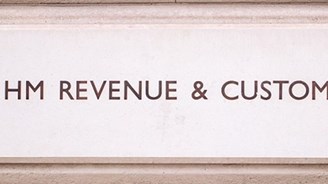The Micro-Entity Option – is it worth using? Possibly time for a rethink?

The option has been available for qualifying companies for year-ends from 30 September 2013 onwards but as the FRSSE wasn't actually updated until April 2014, most software companies didn't make updated software available until late spring 2014.
From the first announcement, there has been reluctance by the profession to suggest that clients use it. This may have been partly influenced by government ministers saying that it would cut costs (it doesn't - all the same work has to be done!) and proclaiming in Parliament that the accounts produced would fit onto one side of a sheet of A4 paper (they don't - though the information sent to Companies House does!).
One of the consequences of the BIS and FRC Consultations on future GAAP for small companies (see our FREE download - Small Entity Consultations) has been to make some of us think again about whether the option may be of benefit to certain clients.
It may be a sensible time to reconsider this when we see the promised draft standard, described by the FRC as being a FRSME (Financial Reporting Standard for Micro-Entities) but likely to be published as a FRED for FRS 105?
It is probably worth reading the very comprehensive FREE download we published in May 2014 on Micro-Entities Q&A and Sample Accounts. It's not appropriate to reproduce all the detail here, other than a reminder that a company needs to meet two out of three criteria for two consecutive years (being net turnover not more than £632,000, a balance sheet total of not more than £316,000, and 10 or fewer employees).
Some of the factors to be considered might include:
The absence of a Related Party transaction note in the shareholders accounts may be attractive in certain cases, though no doubt HMRC can always obtain information they believe to be necessary as they can do where a small company files abbreviated accounts, where similarly there is no Related Party note?
The requirement for small companies to derive fair values may be difficult and expensive, and arguably of limited value to an owner managed company.
If a qualifying company opts to use the micro-entity option (and statistics show that the overwhelming majority of small companies qualify to do so), it will be prohibited from using fair values which could lead to cost savings and simplification.
Companies opting to use the micro-entity option are prohibited from revaluing and therefore the issue disappears!
Obviously care needs to be taken to consider what impact this may have on the accounts as a reversion to written down historic cost is likely to weaken the balance sheet.
To summarise, let's have a long and hard look at the FRED for micro-entity accounting when it comes out and consider adding it to the agenda to discuss with clients who might benefit from its adoption.



